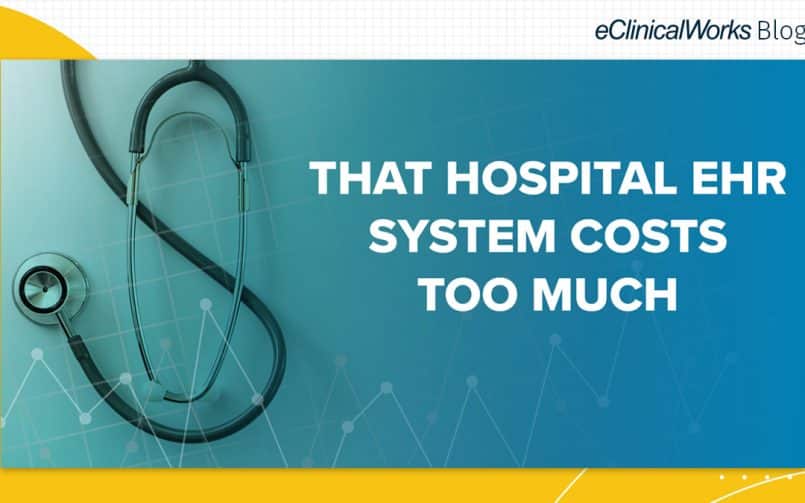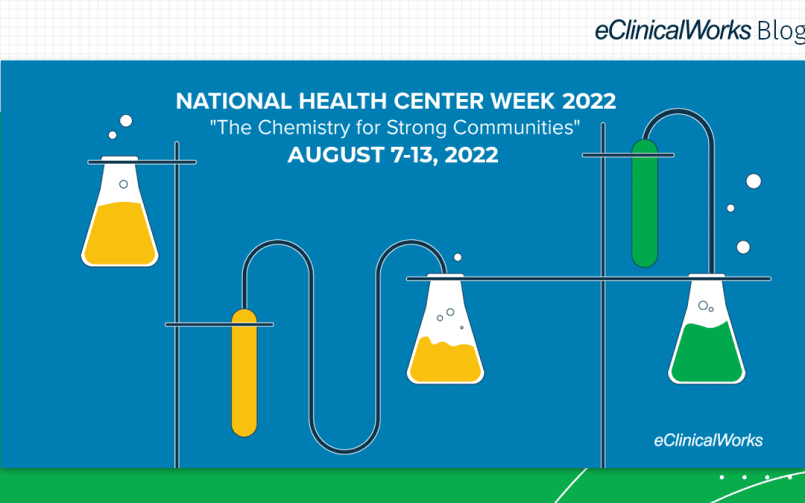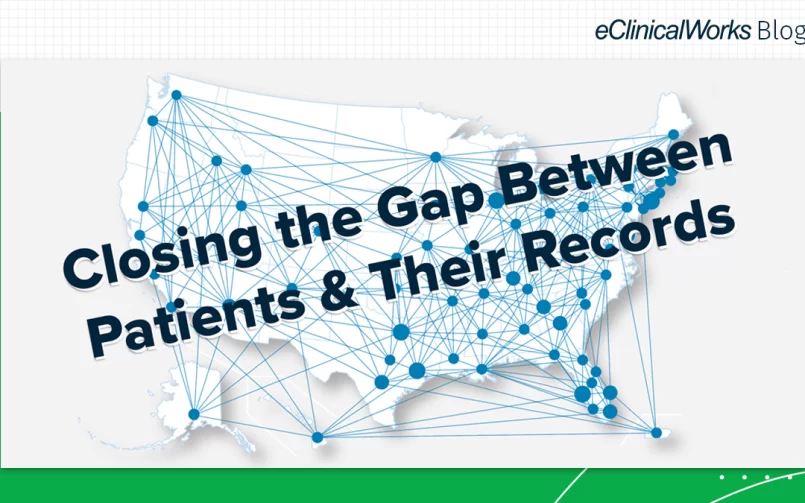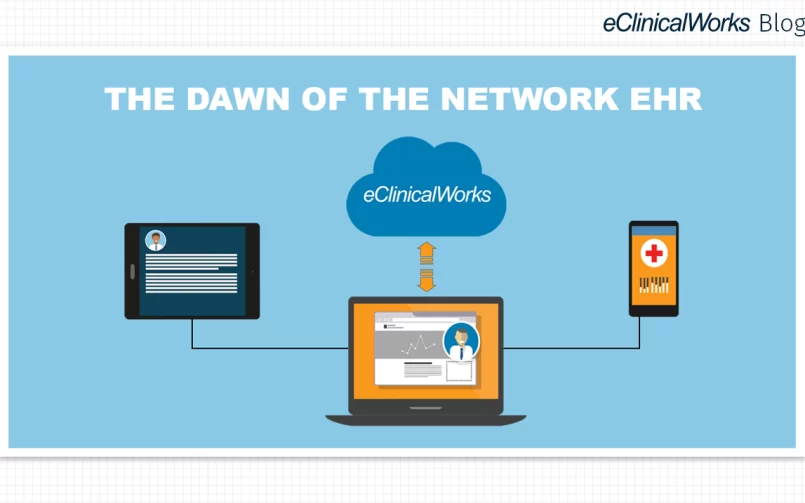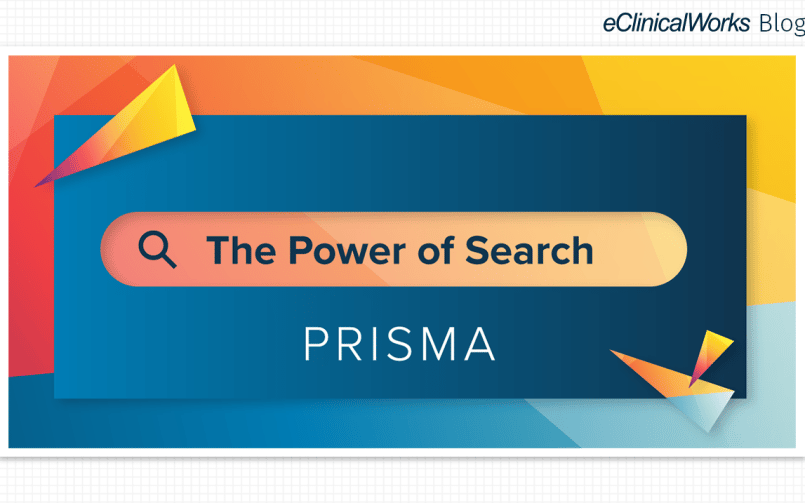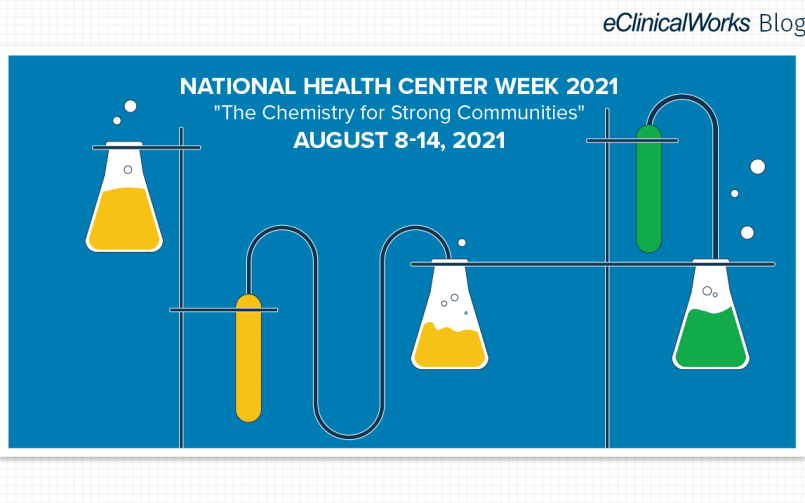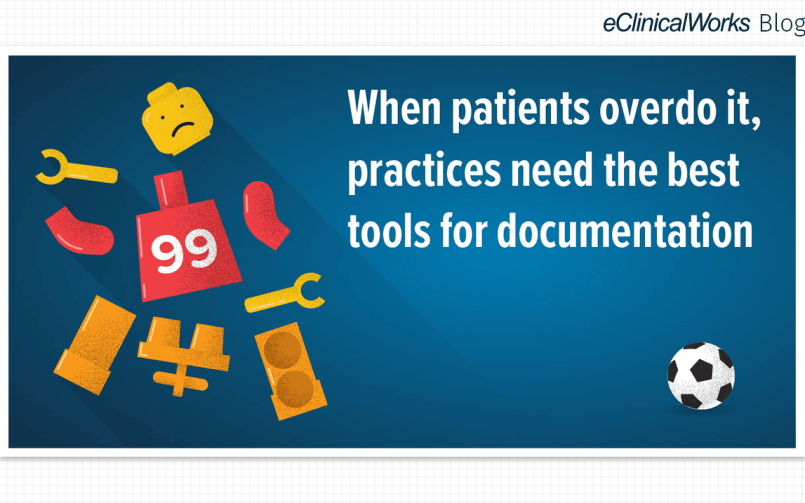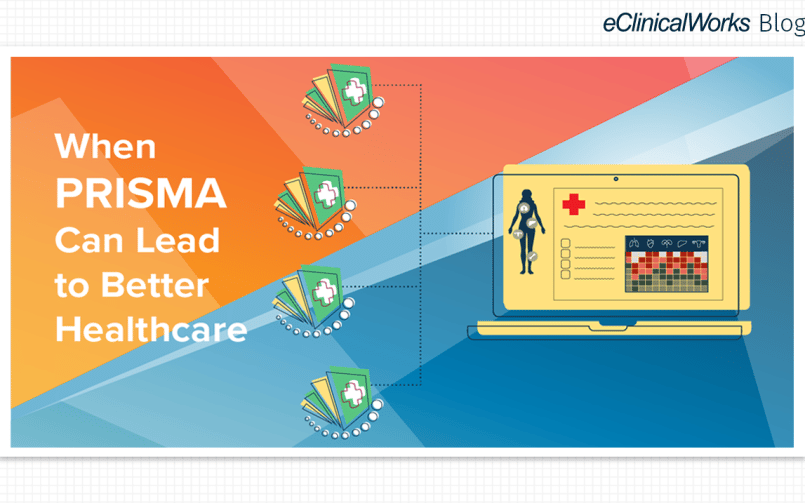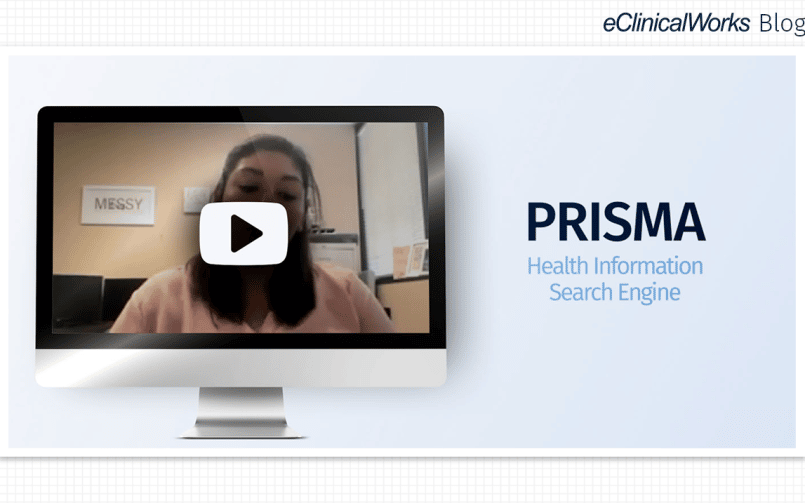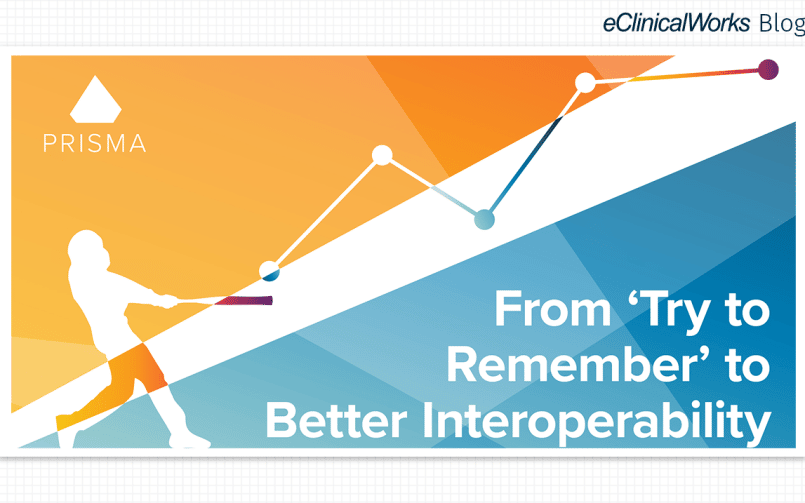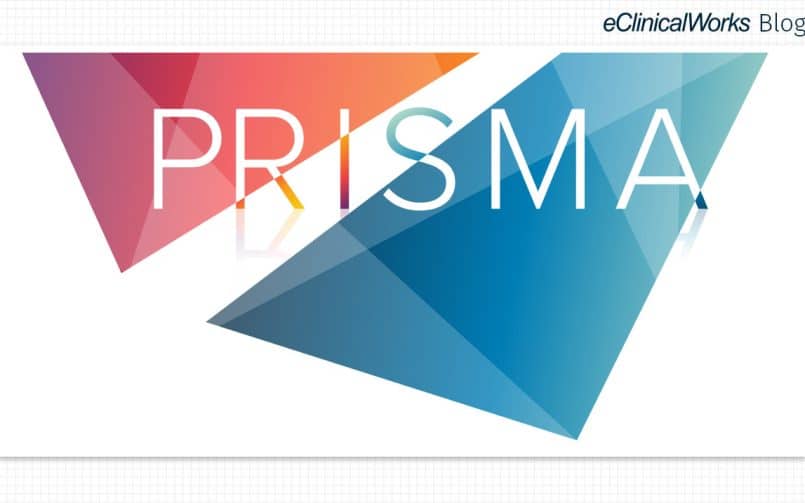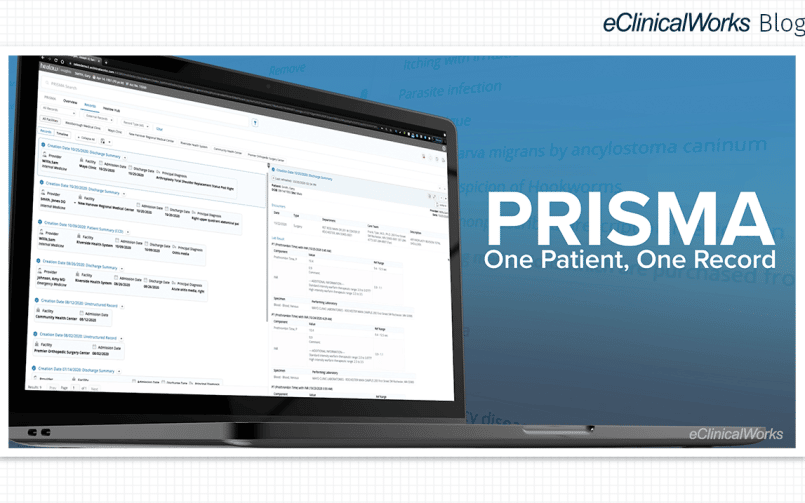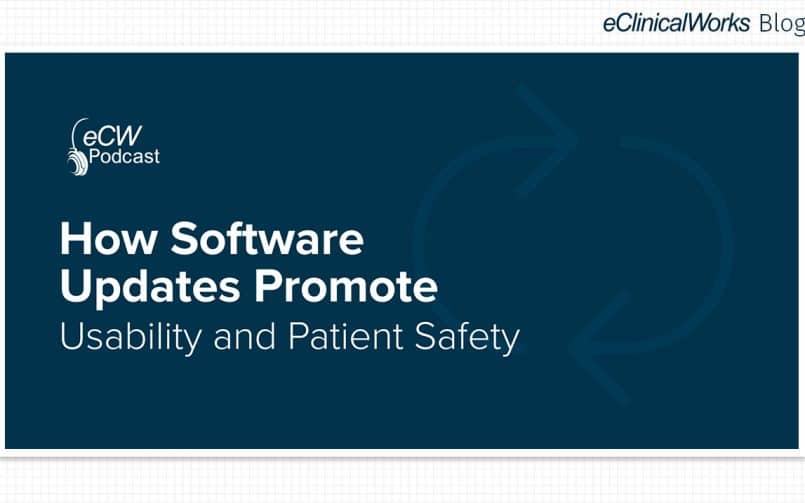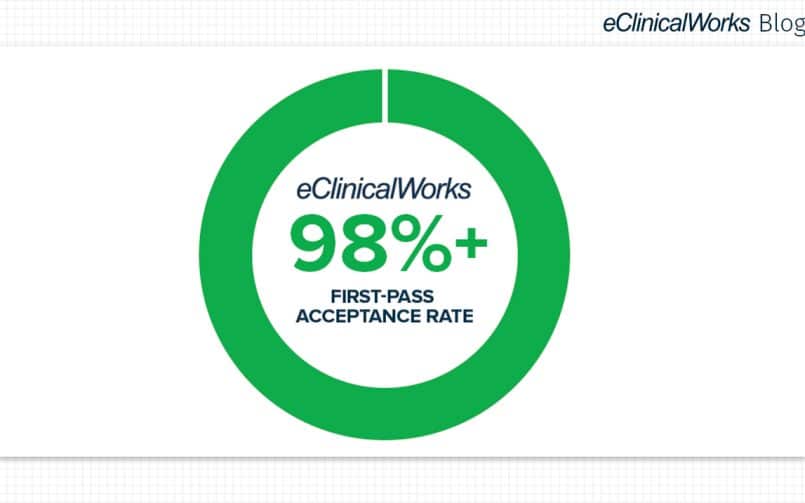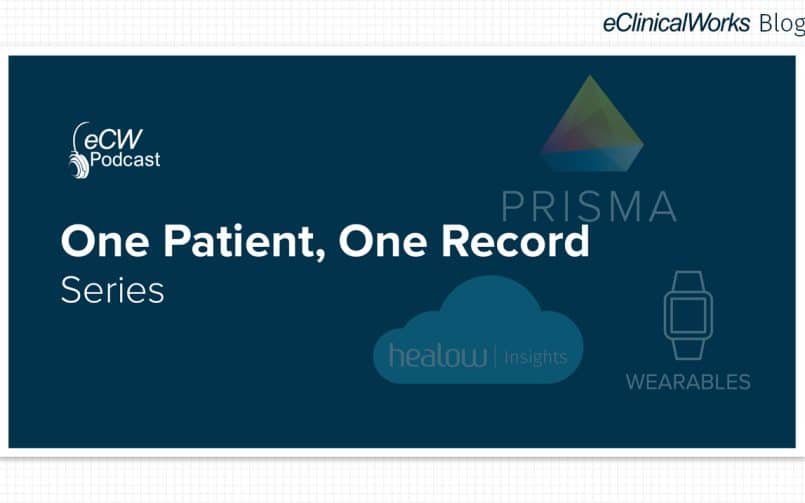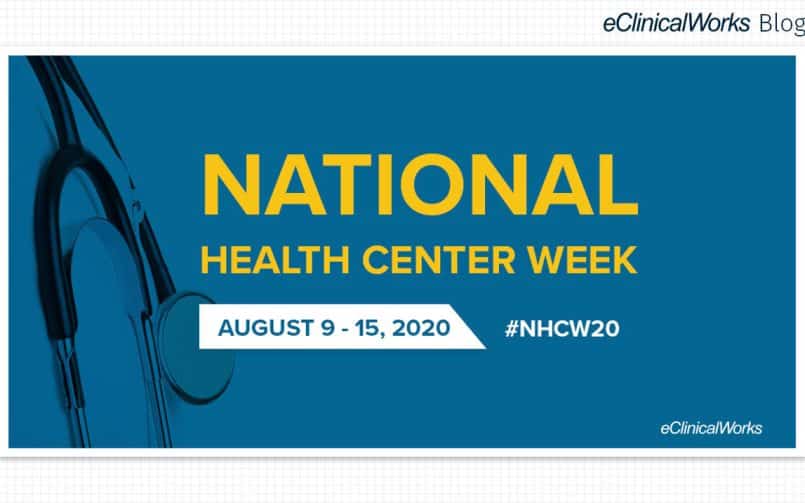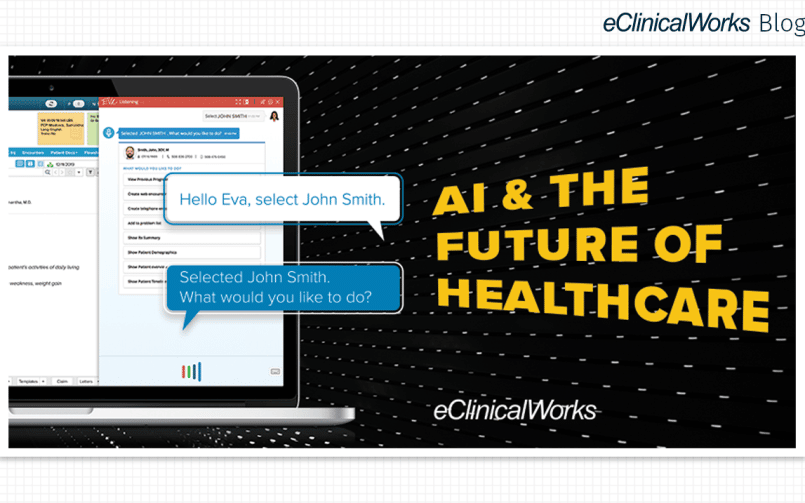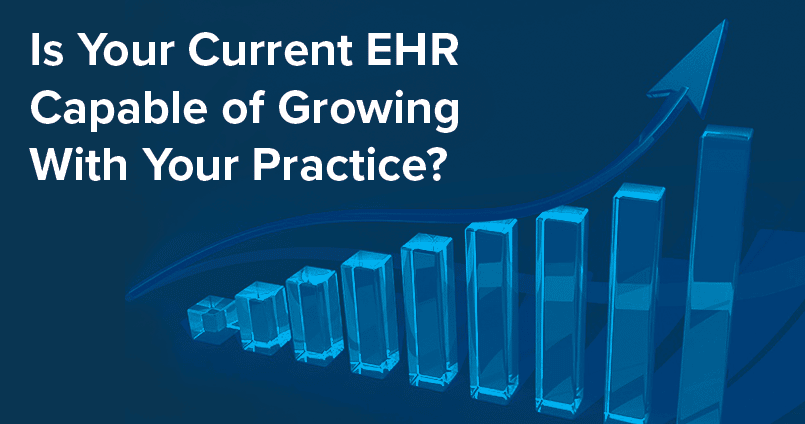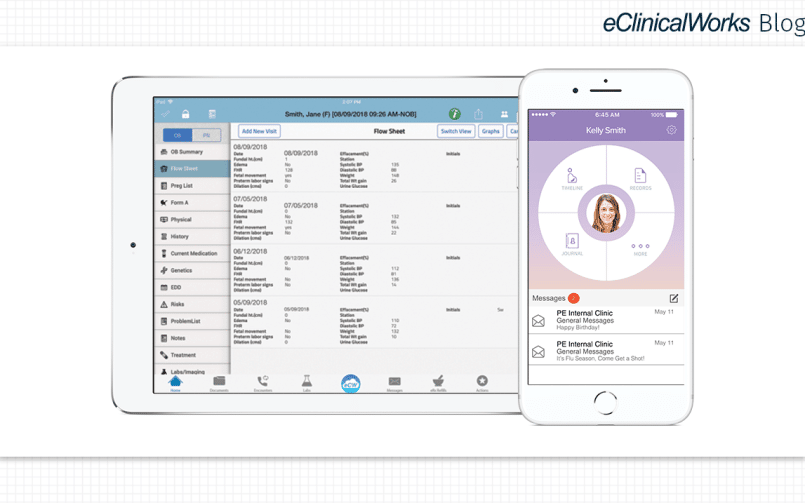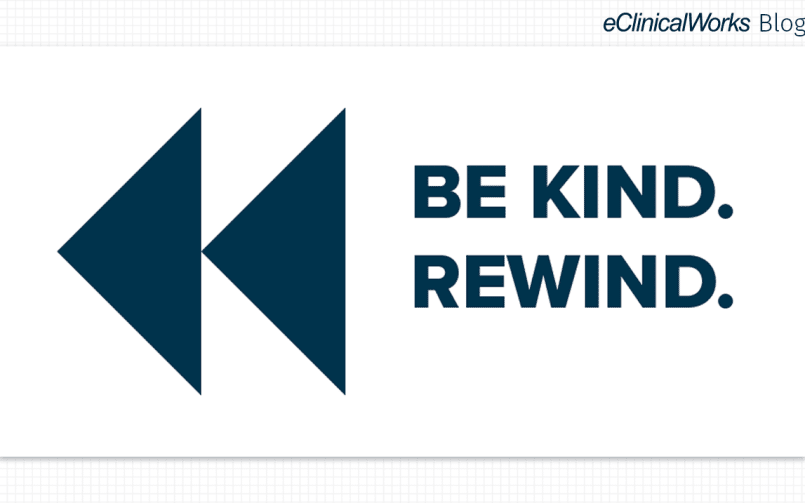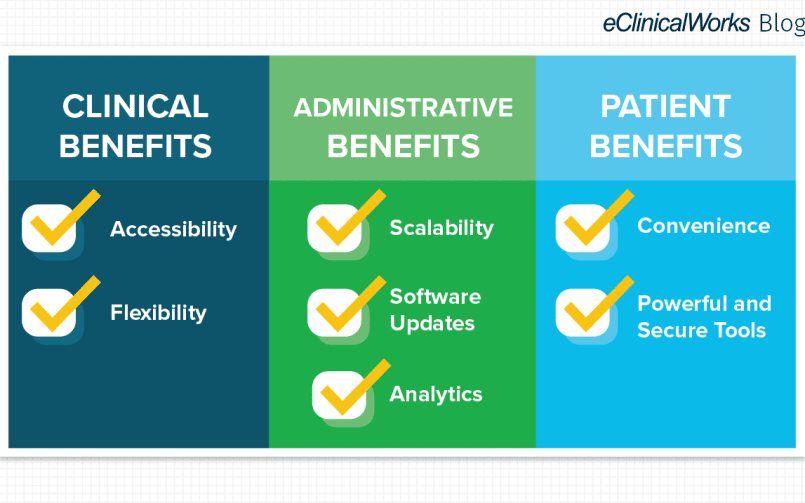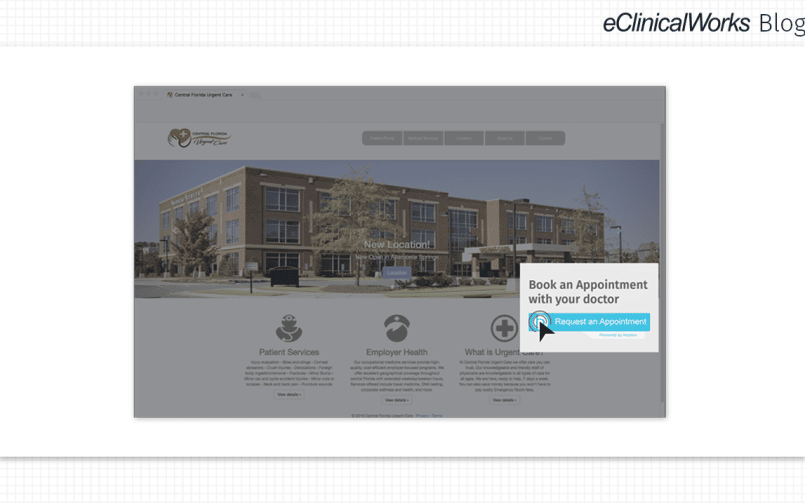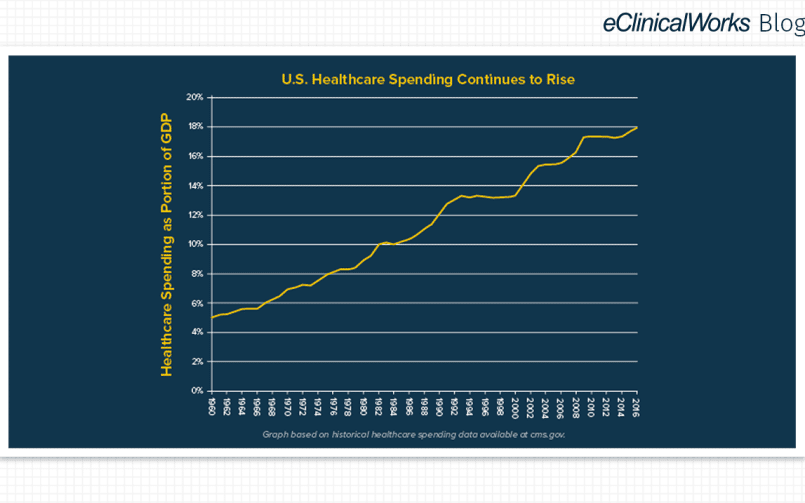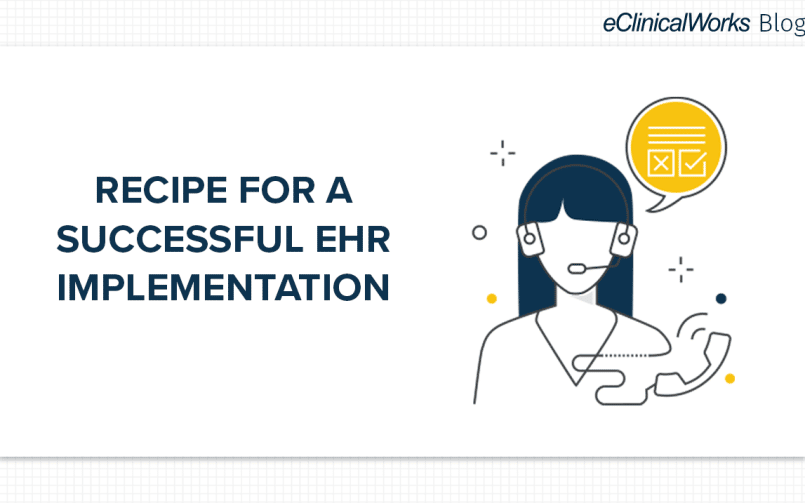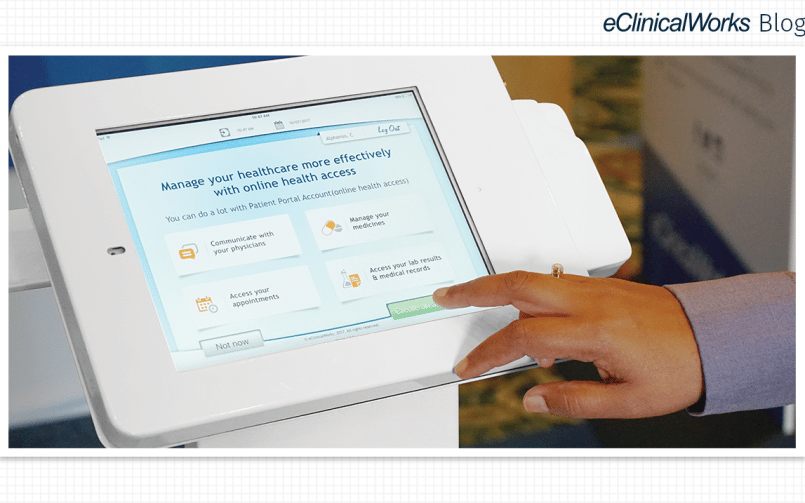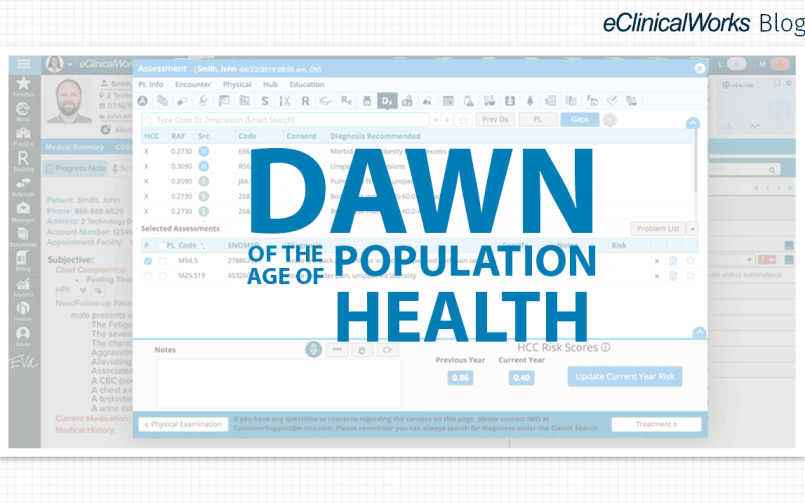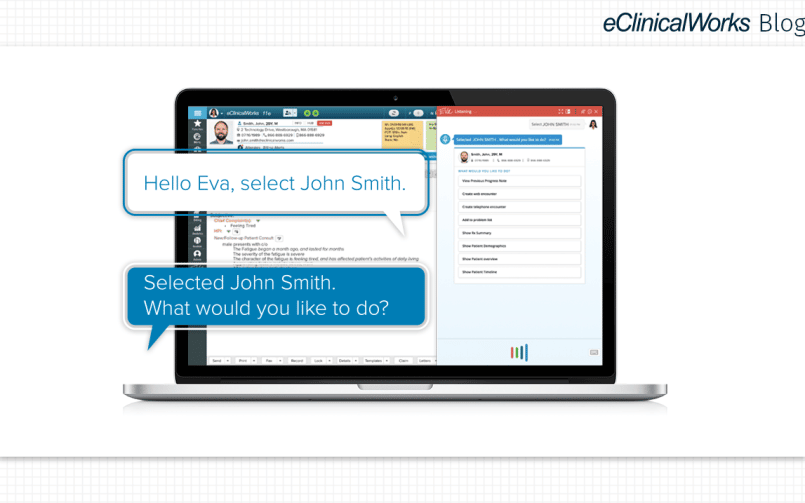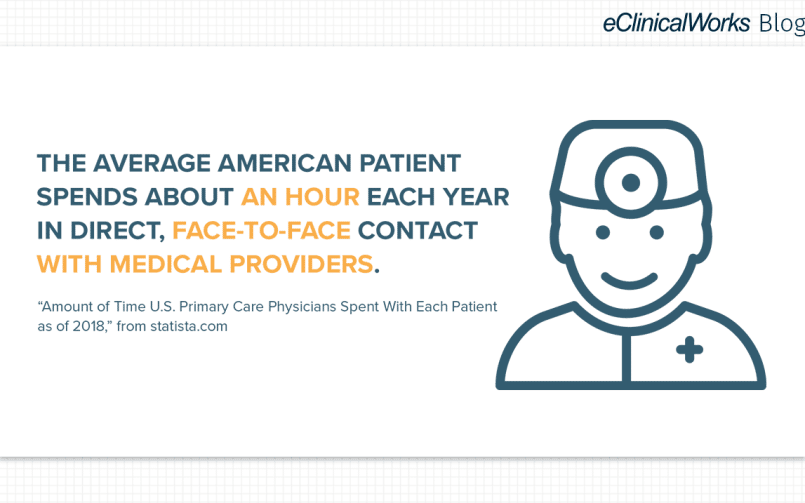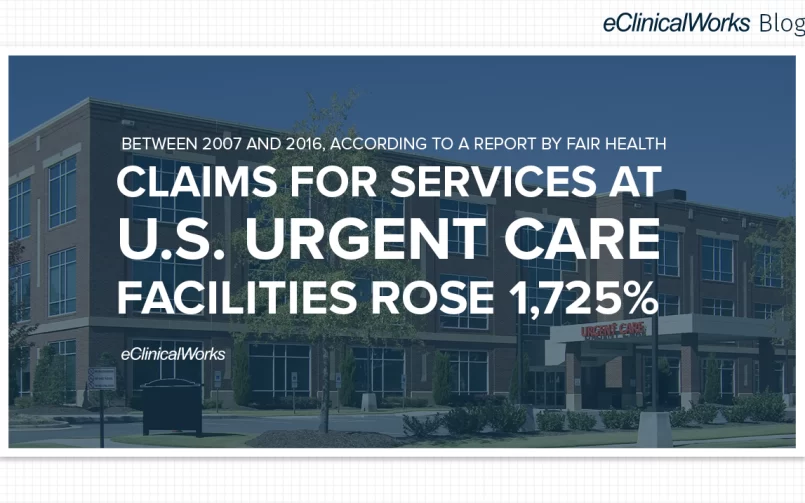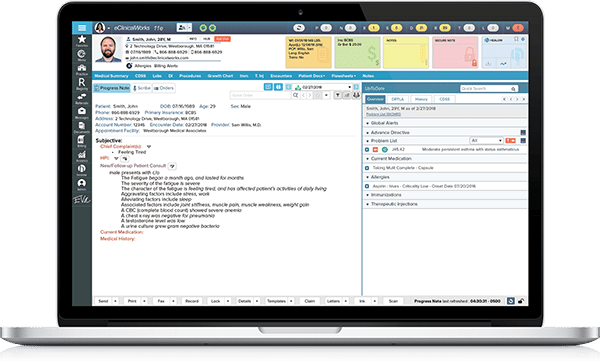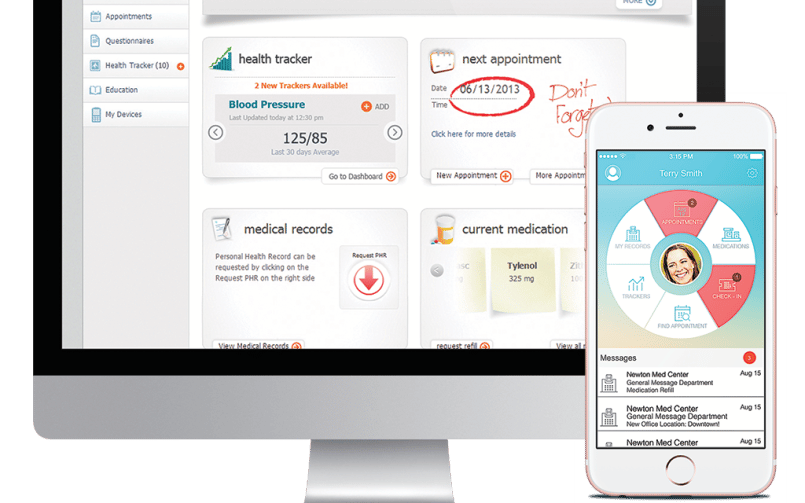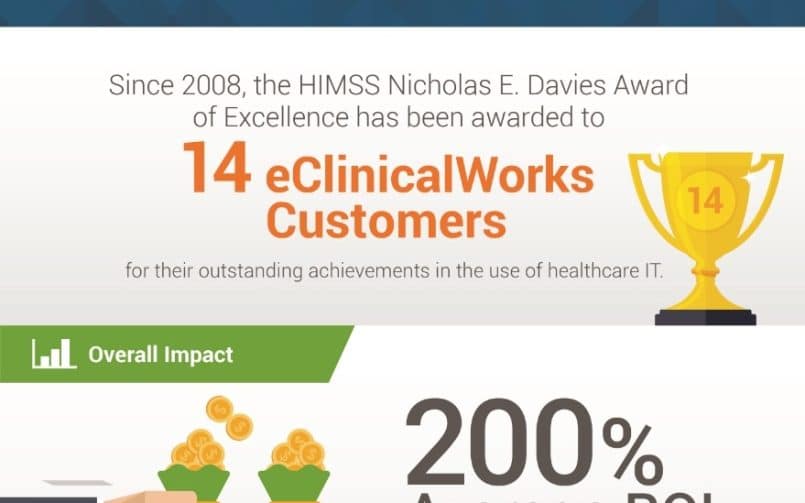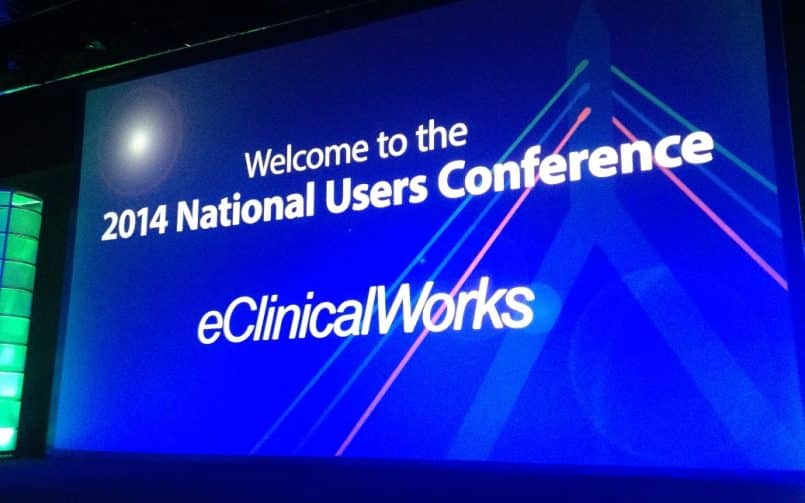PRISMA: Fulfilling the Promise of Interoperability
- 6 August 2021
- Blog
eClinicalWorks
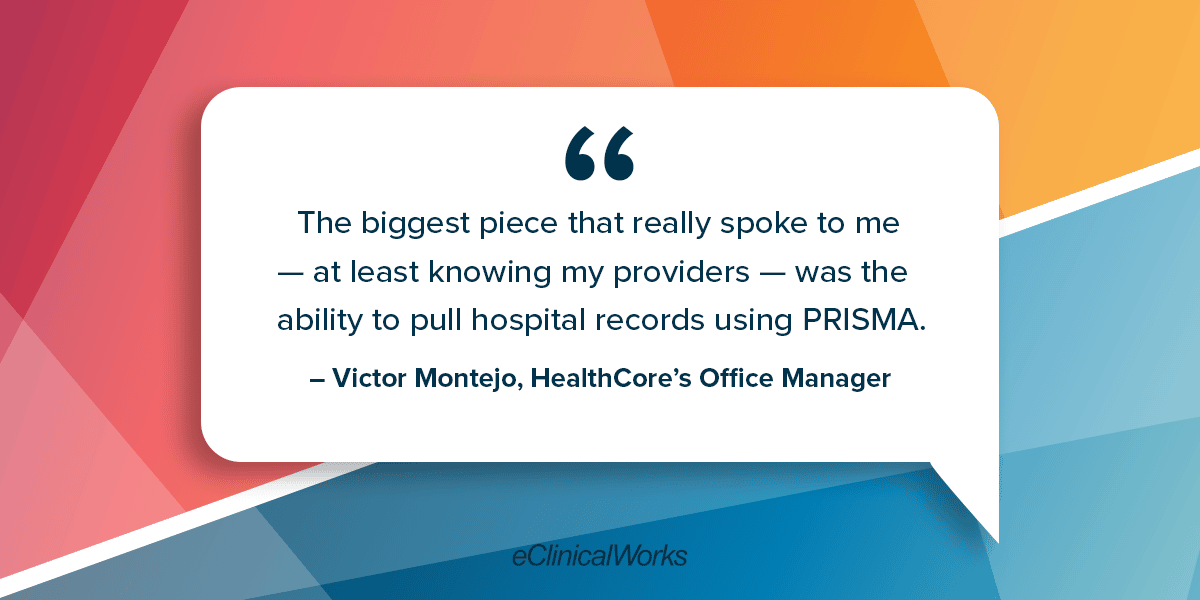
eClinicalWorks helping drain ‘data lakes’ in healthcare
On any given day, medical professionals and patients alike may search the internet, use social media, or order a meal using their smartphone. The remarkable technologies behind those daily activities surely extend to healthcare information — right?
Not always.
Consider this statement:
“Large parts of today’s medical data are virtually useless: Hidden in isolated data silos and incompatible systems, the data are difficult to exchange, process and interpret. In fact, the current medical landscape seems less characterized by “big data” but rather by a large number of disconnected small data.”
Why so much disconnection?
That assessment comes from an August 2019 report in NJP Digital Medicine titled “Why digital medicine depends on interoperability.”
Everyone agrees that better interoperability and data exchange among healthcare providers is a good thing. Why, then, has such interoperability eluded medical providers for so long?
The NJP report offers this answer:
“Current health IT systems operate with a wide variety of data formats, custom specifications and ambiguous semantics. This situation is exacerbated by the trend to store increasing amounts of unstructured data in non-relational databases and so-called data lakes.”
Even with such obstacles, most EHRs can process some information. The goal is to access and process all available records.
Enter PRISMA, the health information search engine
PRISMA enables providers to send automated queries for their patients. Any records available through Carequality® or the CommonWell® Health Alliance networks are included in a timeline view of the patient’s medical history. Providers can search that record for treatments, diagnoses, medications, or other clinical details.
The result is more complete patient information at the point of care.
How PRISMA is working at a Dallas medical group
HealthCore Physicians Group, based in Dallas, is a 10-provider practice that specializes in chronic and acute disease management. They commonly treat diabetes, hypertension, high cholesterol, thyroid disorders, depression, anxiety, and sleep disorders.
“The biggest piece that really spoke to me — at least knowing my providers — was the ability to pull hospital records using PRISMA,” said Victor Montejo, HealthCore’s office manager. “What we really like about PRISMA is the ability to search for specific tests and results.”
From a clinical point of view, Montejo noted, PRISMA is valuable because it identifies key patient information for the provider before the patient visit.
PRISMA returns hundreds of records
During a typical day, for example, HealthCore used PRISMA to obtain more than 360 patient records, including 49 records from UT Southwestern Medical Center, 47 from the Baylor Scott & White system, and 25 from one of the Dallas area’s major specialty practices, OrthoLoneStar Orthopedic.
“I’ve been able to see hospital records on the majority of the patients that I’ve looked up,” Montejo said. “The primary piece is just being able to verify that we are enabled to get external records from individual providers because that makes the PRISMA search much more valuable for us.”
PRISMA continues to evolve and grow
Whether it’s alerting a provider to details that patients themselves have forgotten, highlighting patterns of illness, or providing lifesaving information, PRISMA’s impact on healthcare will be profound.
As the NJP Digital Medicine report concludes, “interoperability can pave the way for an interconnected digital health infrastructure that overcomes barriers between individuals, organizations and countries.”
At eClinicalWorks, we couldn’t agree more. Moreover, we’re doing something about it.
Click here to learn more about PRISMA.







